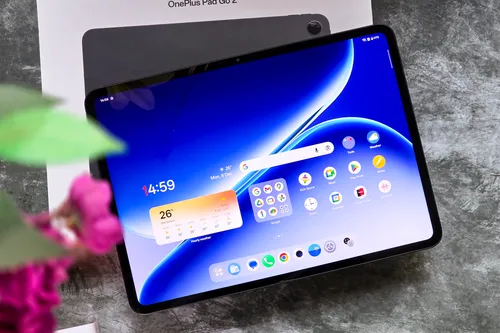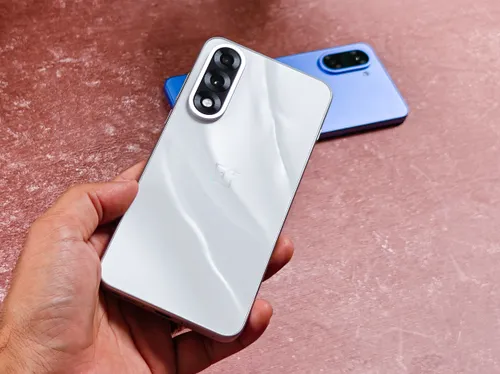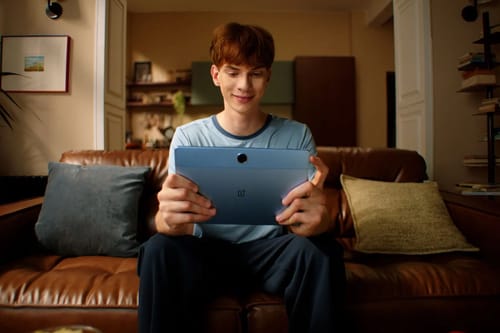
OnePlus Pad Lite lands in India rocking a big screen, fast charge creds, and an oh-so-good price
Slim waistline, large 90Hz screen, 33W fast charging, and a starting price of just Rs. 12,999. That's the OnePlus Pad Lite for you. (Terms and conditions applied, of course)
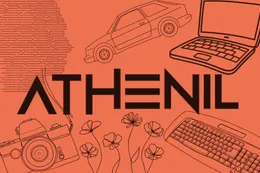
Athenil Bites, July 23: Amazon's band will hear all you say, good AI guy now wants dirty money, and iPhone brings back AI notifications
Apple's AI summaries for news and entertainment are back. Let's hope they don't get another bashing from BBC for blunders. Also, it seems AI is taking the real dark turn for us all.
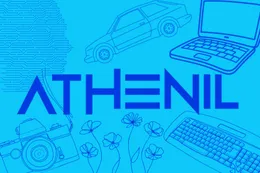
Athenil Bites, July 22: Tesla gets into restro biz, AI wins Olympiad, shady Spotify brings back dead artists with AI
Once again, it's AI doing batshit crazy stuff. On the positive side, you can finally switch Chrome profiles on iPhone. Phew!
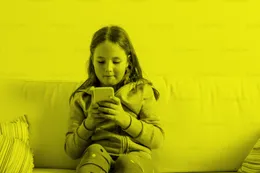
Yet another study links phone usage with poor mental health... sigh!!!
Suicidal thoughts, aggression, detachment from reality, poorer emotional regulation, and low self-worth? Yep, that's what phone usage at an early age gave the young ones among us.

The flagship OnePlus Pad 3 is finally coming to India...in September
The top-of-the-line OnePlus Pad 3 is finally making its way to India in a few weeks from now. It's a sleek machine, but I'll reserve my praise until I see the price tag.
Google Search could be smothering your creativity
A Carnegie Mellon University study reveals starting your brainstorming process with Google can be detrimental to the group's creativity.
Teams relying much on search engines often produced inundatingly same, less original ideas due to a cognitive bias called "fixation effect," where seeing popular answers converges our thought process instead of diverging it.

While individuals weren't necessarily dumber with Google, groups of Google users seemed to get stuck in a rut, often coming up with the same common ideas, sometimes even in the same order! Talk about a copy-and-paste creativity crisis.
"This appears to be due to the fact that Google users came up with the same common answers, often in the same order, as they relied on Google, while non-Google users came up with more distinct answers," explained lead author Danny Oppenheimer.
EDITORS' PICKS

